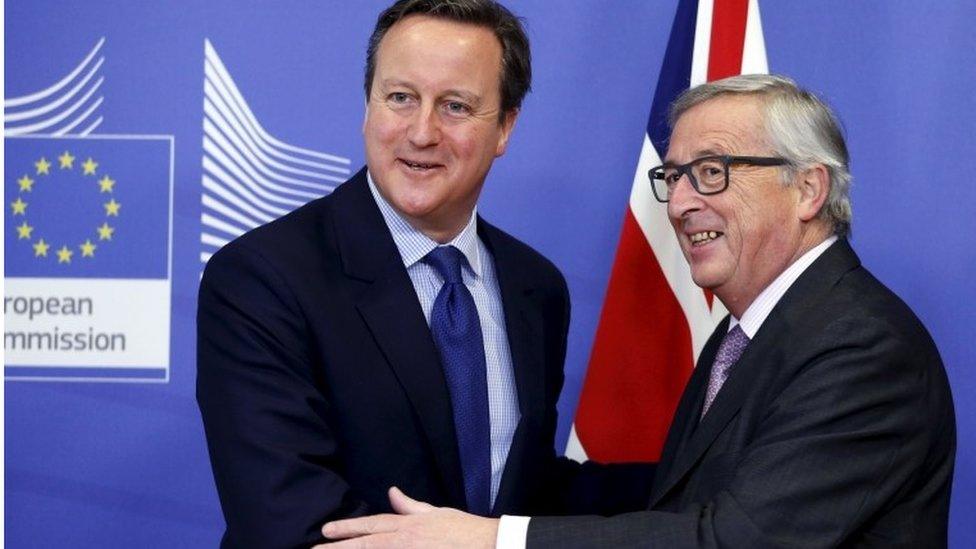Is David Cameron seeking an EU reform too far?
- Published
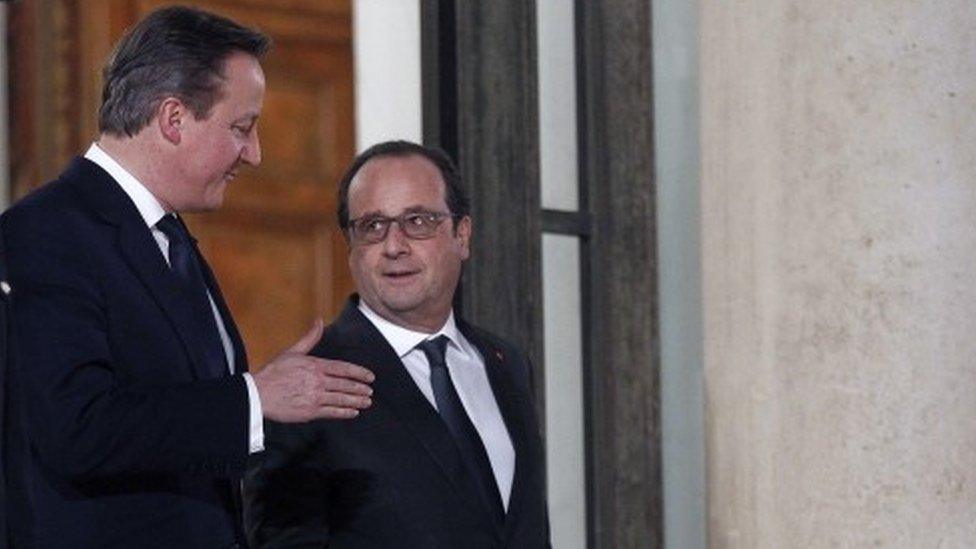
The UK prime minister is meeting President Hollande amid British fears that France could again quibble, clash over and even dash his hopes of a deal
David Cameron's hurried visit to Paris on Monday night is yet another significant sign that his EU reforms - dismissed as weak by critics in the UK - are seen by some in the EU as going too far.
France is worried by the prime minister's push to protect non-euro countries from eurozone regulations.
Now, you could say that sounds entirely reasonable. Most EU countries use the euro. Why should they be allowed to gang up to the disadvantage of non-euro countries like Britain?
But France thinks David Cameron and George Osborne, the UK Chancellor, are being sneaky.
'Better financially'
It suspects they are using the argument to win an unfair advantage for the City of London and a backdoor veto on eurozone and wider EU financial legislation.

Countries in central and eastern Europe received Britain's promise to help bolster Nato in eastern Europe
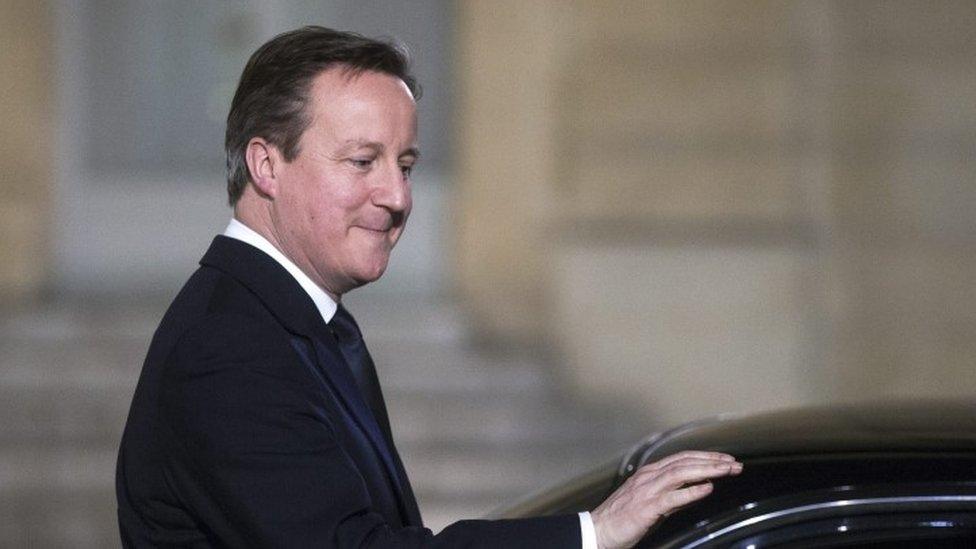
Mr Cameron is striving to get all EU leaders to agree to his proposed reforms so they can be ratified at Thursday's EU summit.
The French economy is sluggish, to put it politely, and the French president is about to enter the political race for re-election.
He cannot be seen to open the door for Britain to do even better financially while his eurozone hands are tied.
Two weeks ago on the eve of the publication in Brussels of David Cameron's draft reform plans, we were told by a high-level source close to the negotiations that the French delayed them for hours, worrying about the wording referring to safeguards for non-eurozone countries.
All leaders have to sign up to the reforms this Thursday for them to be passed at the EU summit.
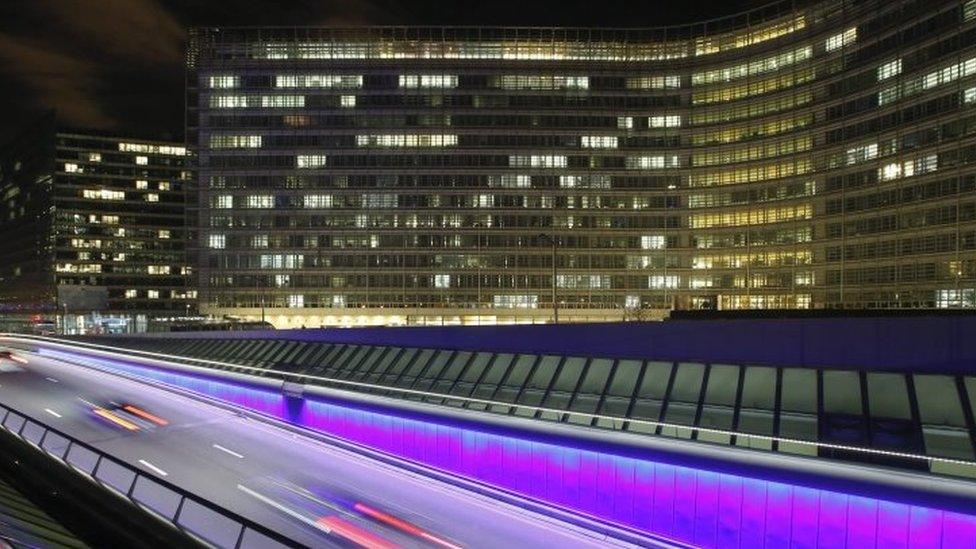
In addition to the possibility of a British exit from the EU, the organisation also faces a huge problem in the shape of the migrant crisis
The French could again quibble, clash over and even dash the prime minister's hopes of a deal. If they so choose.
A real possibility, however, is that after hours of closed-door negotiations, the summit will end in the kind of EU-fudge so derided by the bloc's critics.
Yet in true EU style, all sides want to be able to walk away saying they have won something.
The French will likely crow that the British failed to get a veto over eurozone legislation (even though David Cameron never asked for one).
The countries of central and eastern Europe got Britain's promise to help bolster Nato in eastern Europe as a pre-summit sweetener.
They also hope to restrict reductions in EU migrant in-work and child benefits to the UK only.
The European Commission and council played key roles as facilitator and mediator respectively and, as such, got some respectful press coverage in Europe - something which, in these days of eurozone and migration crisis, they are little used to.
And David Cameron should get his deal in time for him to call the referendum as soon as possible - which is thought to be 23 June.
He knows full well that, whatever the content of a deal, his critics will decry it.
So he seems to prefer to tick just enough boxes, particularly the one that appears to address migration - the key concern of many of his voters.
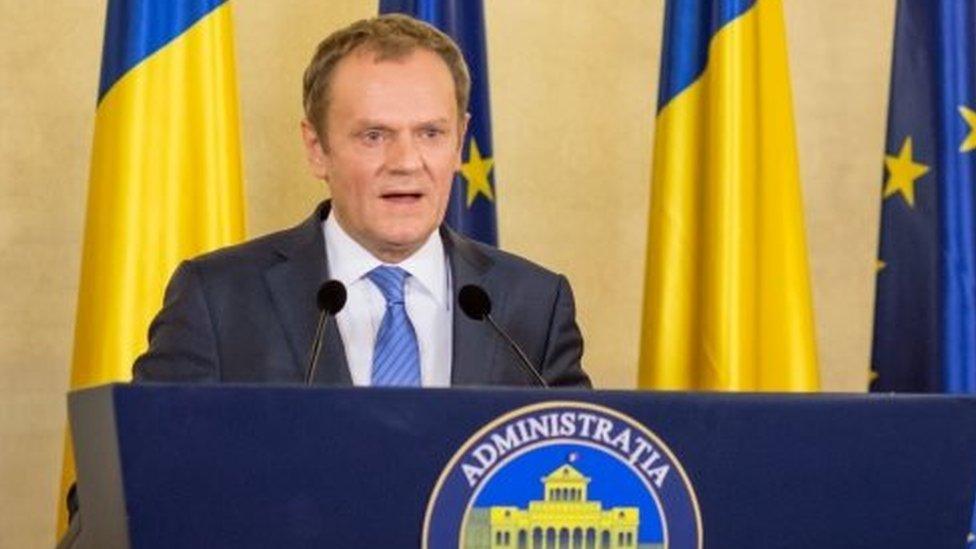
European Council President Donald Tusk is appealing to EU leaders to help David Cameron get his reforms
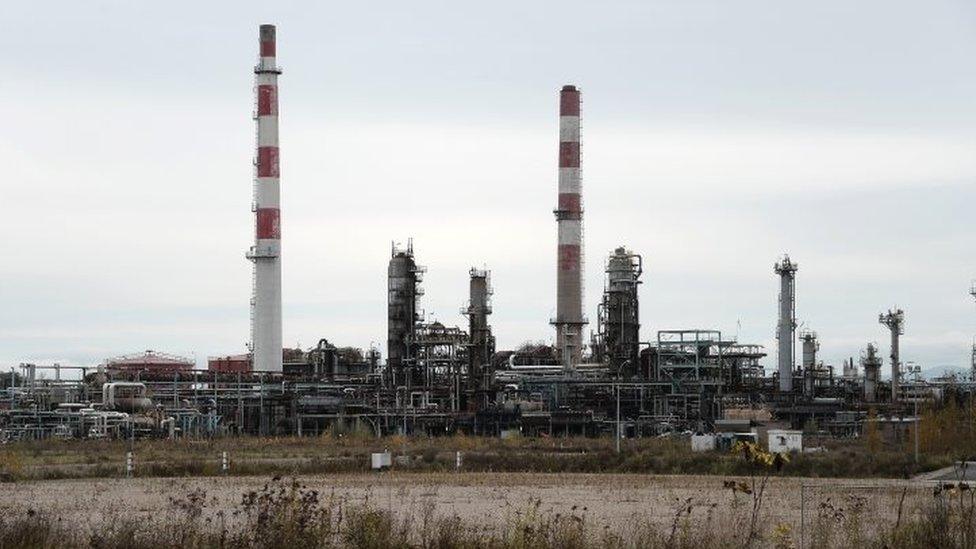
France is eager not to give too much away to the UK in an election year when its economy is moribund
He knows that persuading the British people to support any deal ahead of the referendum is a far tougher challenge than getting 27 fractious and distracted EU leaders onside.
The prime minister wants to leave his EU colleagues to return to arguably the toughest issue on their plates: refugees, boats and migrant quotas.
On Monday, European Council President Donald Tusk appealed to EU leaders to help David Cameron get his reforms.
"It is high time we started listening to each other's arguments, the risk of break-up is real. What is broken cannot be mended," he said.
If those are Mr Tusk's words on Brexit (the idea of Britain leaving the EU), what might he say about the refugee and migration crisis, combined with the steady crumbling of European unity?

Further reading on the UK's EU referendum
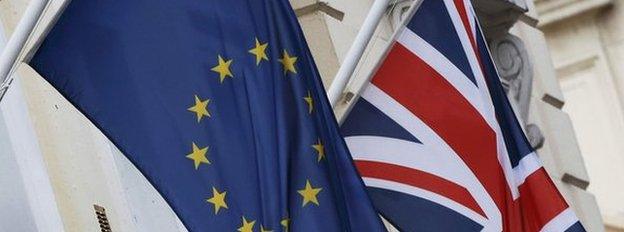
'Audacious demand': UK's wish list seriously taken by EU leaders
Guide: All you need to know about the referendum
Referendum timeline: What will happen when?

- Published2 February 2016
- Published2 February 2016
- Published31 January 2016
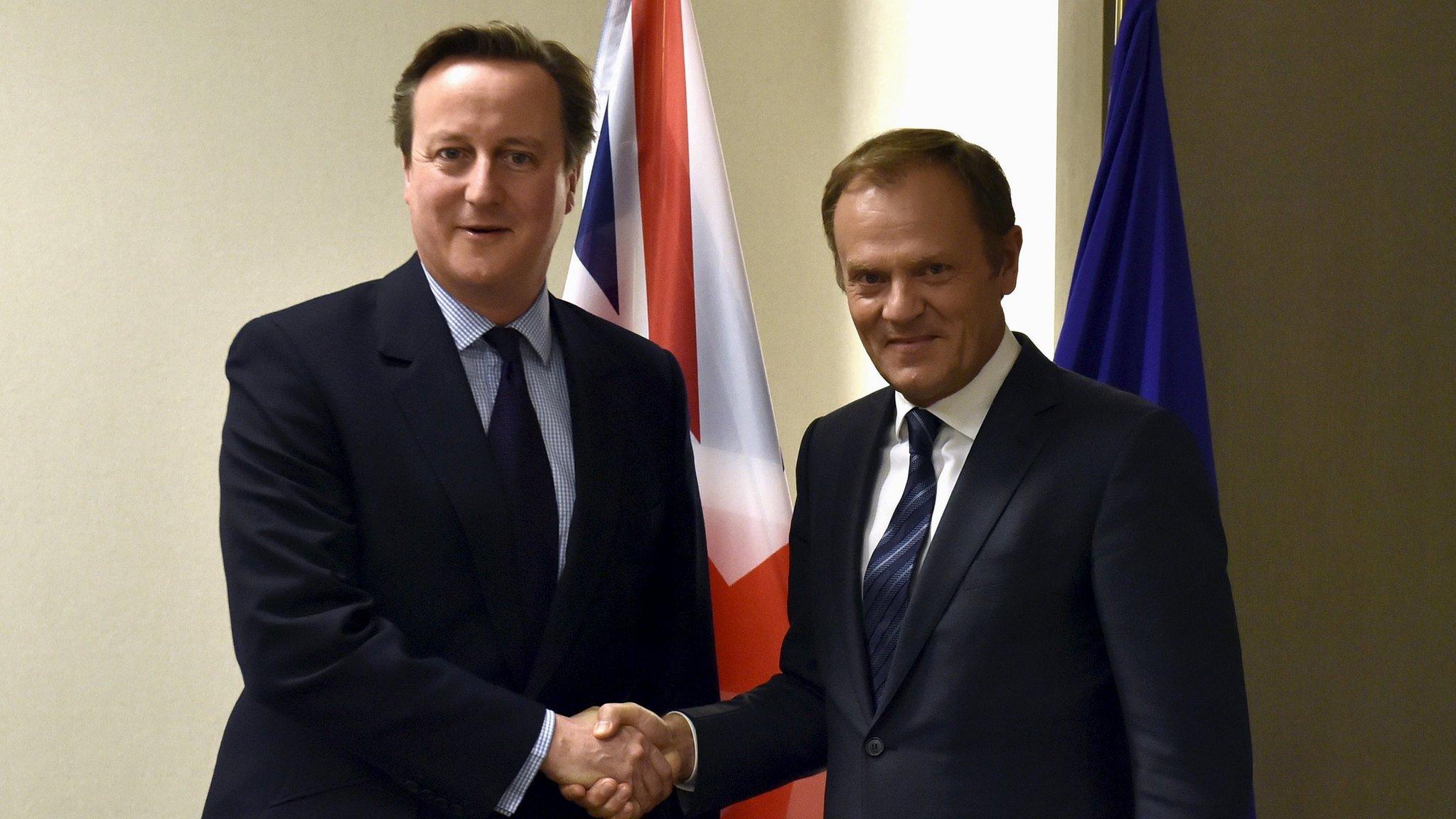
- Published17 February 2016
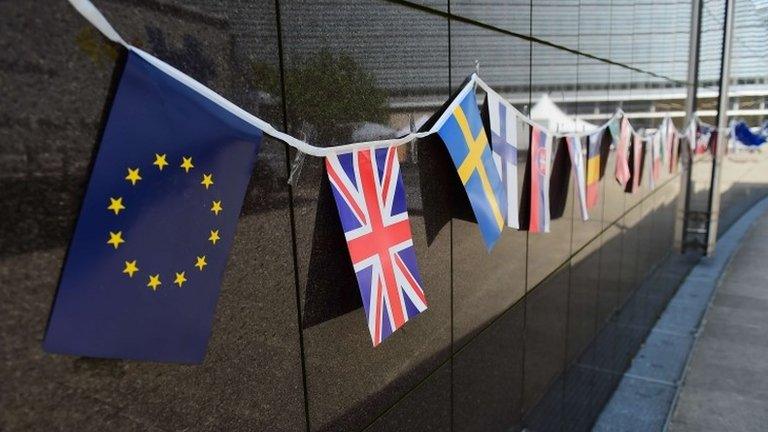
- Published29 January 2016
